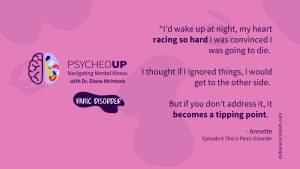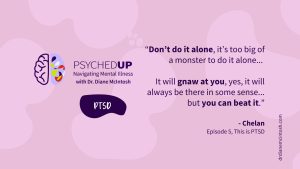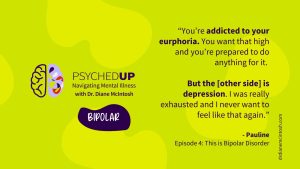When I write about the deplorable state of our mental healthcare system, I often draw attention to a clinician’s responsibility to care for the whole person – not just their symptoms, but also their functioning and quality of life – and to consider those closest to them: their families, other loved-ones or caregivers.
When I work with my own patients, I ask if I can include their loved-ones in their care because we know this heightens engagement and treatment adherence, supporting recovery.
However, when a patient also happens to be a parent, the loved-ones who are often left out of the conversation, but can be profoundly impacted by my involvement, are their children.
In fact, about one in five children has at least one parent with a mental illness.
This post will cover how mental illness in parents affects children and families.
We know, unequivocally, that childhood physical, sexual or emotional abuse can have a profoundly negative impact on a child’s development and heighten their risk of developing a mental illness.
What is less well known is that childhood neglect and chaos can also be a risk factor for mental illness and may have an enduring negative impact on functioning and wellbeing.
As a psychiatrist, I care for patients with severe mental illnesses and most are also parents.
It’s important to state, unambiguously, that having a mental illness does not mean you can’t be a competent, loving, nurturing parent.
In fact, when you consider that by age 40, 50% of adults have had a mental illness, that suggests a good percentage of the best parents in the world also have, or have had, a mental illness.
However, every mental illness can impair functioning in any realm of life: at work, school or home. This means mental illnesses, especially when acute and severe, can impact the ability to parent optimally.




